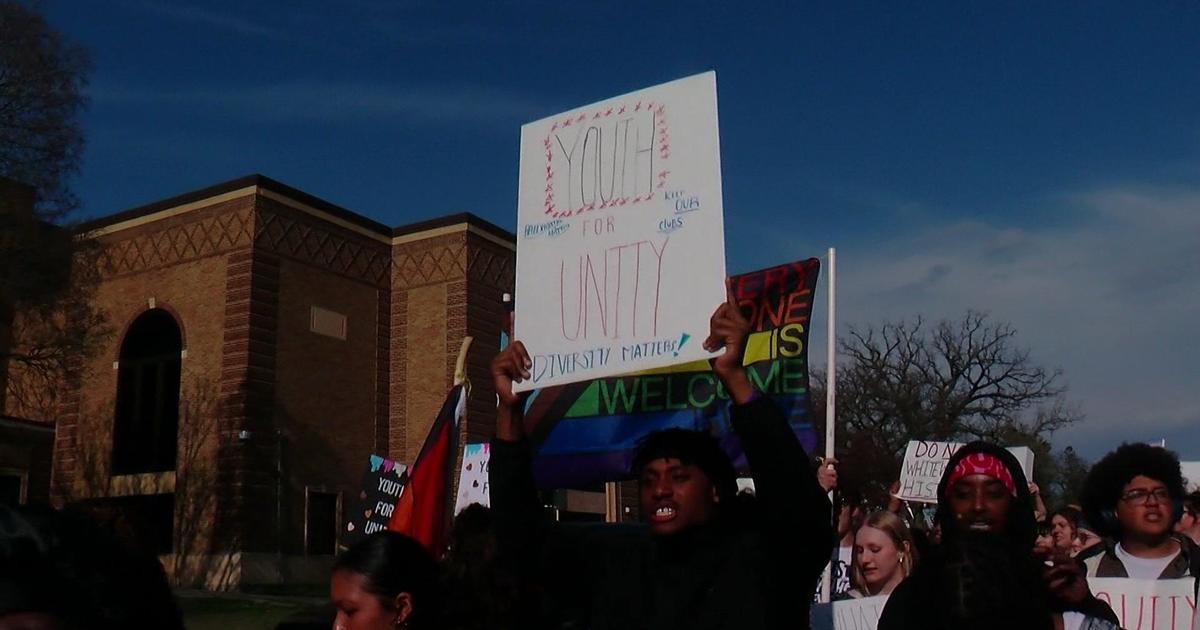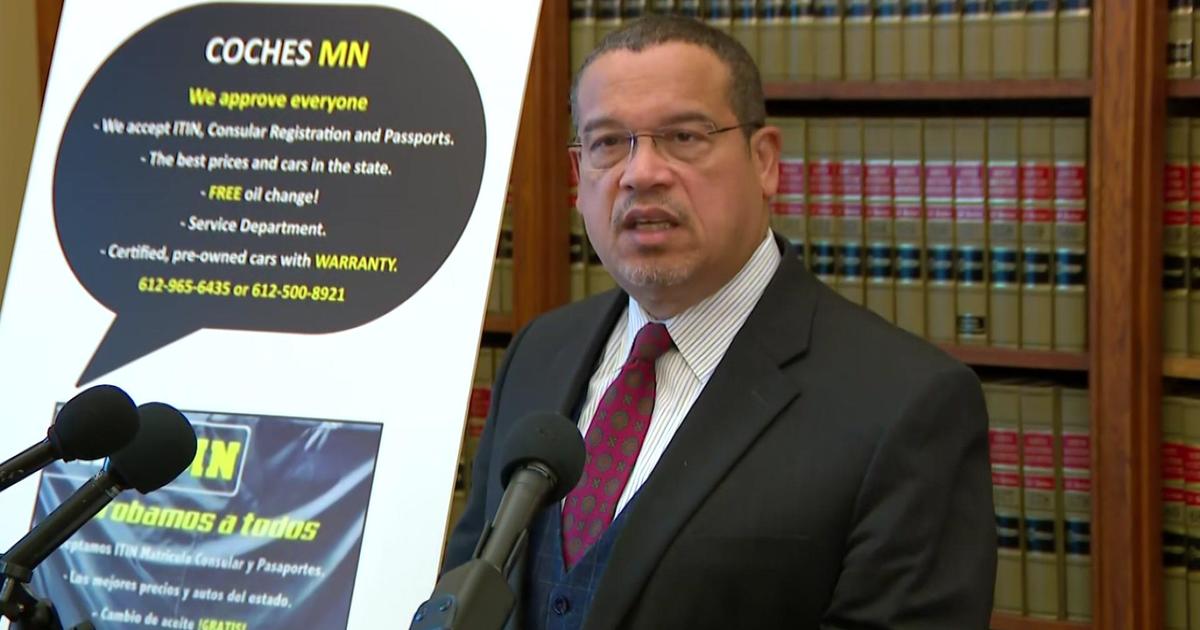With Abrupt Deal, Minn. Shutdown Still Upsets Many
ST. PAUL, Minn. (AP) -- The abrupt agreement on a budget deal to end Minnesota's government shutdown, in which Democratic Gov. Mark Dayton dropped his call for new taxes and Republicans agreed to spend more than they wanted, has some people wondering why it had to happen at all.
They point to the fact that the deal stemmed from a proposal Republicans made on the eve of the shutdown -- before 22,000 state workers were laid off, road construction was halted, state parks and two racetracks were closed and some services for the vulnerable were suspended. The shutdown created a myriad of inconveniences, even threatening to push some popular brands of beer out of bars and liquor stores.
"My thought is, what are we paying these people for if they can't do their job?" asked Crystal Morales, an Iraq war veteran who was forced to move her wedding ceremony because a military chapel in a state park was closed down. "It should never come to a shutdown, never. People should never lose their jobs because politicians can't do theirs."
No deal happened until Thursday, 14 days into the shutdown, when Dayton conceded to the GOP on their core issue of no new taxes and gave up the idea of raising income taxes on the top earners. And after months of insisting they wouldn't agree to higher spending, Republicans ceded ground there. If the details fall into place, lawmakers could be back at the Capitol as early as Monday to start erasing a $5 billion deficit and turning the state government's lights back on.
Both sides took the opportunity Friday to claim victories on their main issues.
On Minnesota Public Radio, one of the first questions for Dayton was whether the deal could have been reached without a shutdown.
"What's done is done, and the important thing now is to get an agreement very quickly," Dayton said. He added: "Clearly my top priority was preventing more drastic cuts in services that people depend upon."
The governor said he would defer his fight to raise taxes on the wealthy to another day. If voters take out their anger on incumbents in next year's election, Dayton might have a more favorable landscape. Legislators are on the ballot next November, but he's not until 2014.
Republican House Speaker Kurt Zellers claimed credit for stopping higher taxes during a shaky period for the economy.
"That was a big deal for our folks and it was something we just fundamentally believed we did not need to balance the budget," Zellers said in a separate appearance on Minnesota Public Radio.
The struggle in Minnesota mirrored the federal budget showdown as leaders in Washington try to attack chronic fiscal issues -- possibly resorting to short-term fixes -- as part of a deal to raise the debt ceiling. The agreement in Minnesota will delay promised aid to schools and convert future tobacco settlement money into cash now without really solving the budget problems that have started to hurt the state's credit.
"It seems like something could've been done" to avoid a shutdown, said Pat Evenwoll, who owns Bert's Cabins, a resort near the Mississippi River headwaters in Itasca State Park. "Fifteen days cost everybody and the state of Minnesota a lot of money. We don't have money -- we are hurting for income. These are hard economic times. We need to keep businesses going."
Evenwoll described the shutdown as a "black eye for tourism in Minnesota." Her husband, Dave Evenwoll, says reservations have slowed for the rest of the summer, and it may be too late to fix -- because tourists have already chosen to go elsewhere. Pat Evenwoll said she blames Dayton because he could have accepted the Republican proposal on June 30, but wishes both sides had figured out a solution sooner.
After two weeks off from his state job fixing highway guard rails, 29-year-old Mike Hartel said he welcomed a deal but thought the shutdown could have been avoided if both sides had been "willing to negotiate a little harder."
Instead, Hartel said, both sides ended up looking like "5-year-olds with their heels dug in."
He said Dayton came out looking like "the bigger man" in offering to take the Republican proposal.
At the Safe Haven Shelter for battered women in Duluth, which relies heavily on state money and was forced to close for two nights before a judge declared its funding essential, Susan Utech hopes the shutdown won't be forgotten in the next election.
"My understanding of a democracy is there's room for compromise always, and I'm hoping that voters, when they are choosing their people, will take that into account next time," said Utech, who heads the shelter.
In Isle, a small town on Mille Lacs Lake in central Minnesota, resort owner Terry McQuoid said he lost business because fishing licenses were put on hold during the shutdown. He compared the state's leaders to "two little gangs: the Republicans against the Democrats, and the taxpayers get caught in the middle."
"There's no reason why they couldn't get together, other than the political posturing," McQuoid said.
(© Copyright 2011 The Associated Press. All Rights Reserved. This material may not be published, broadcast, rewritten or redistributed.)



